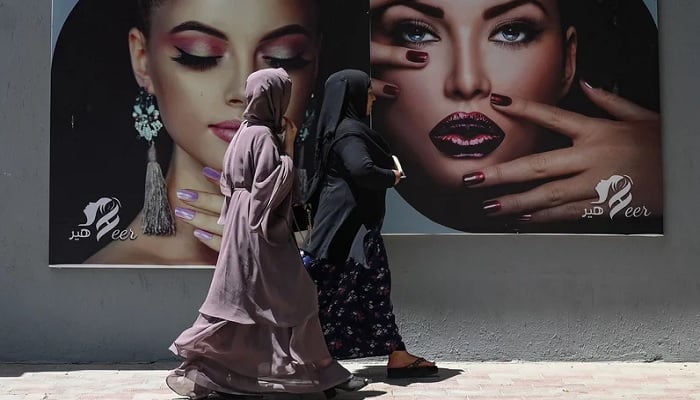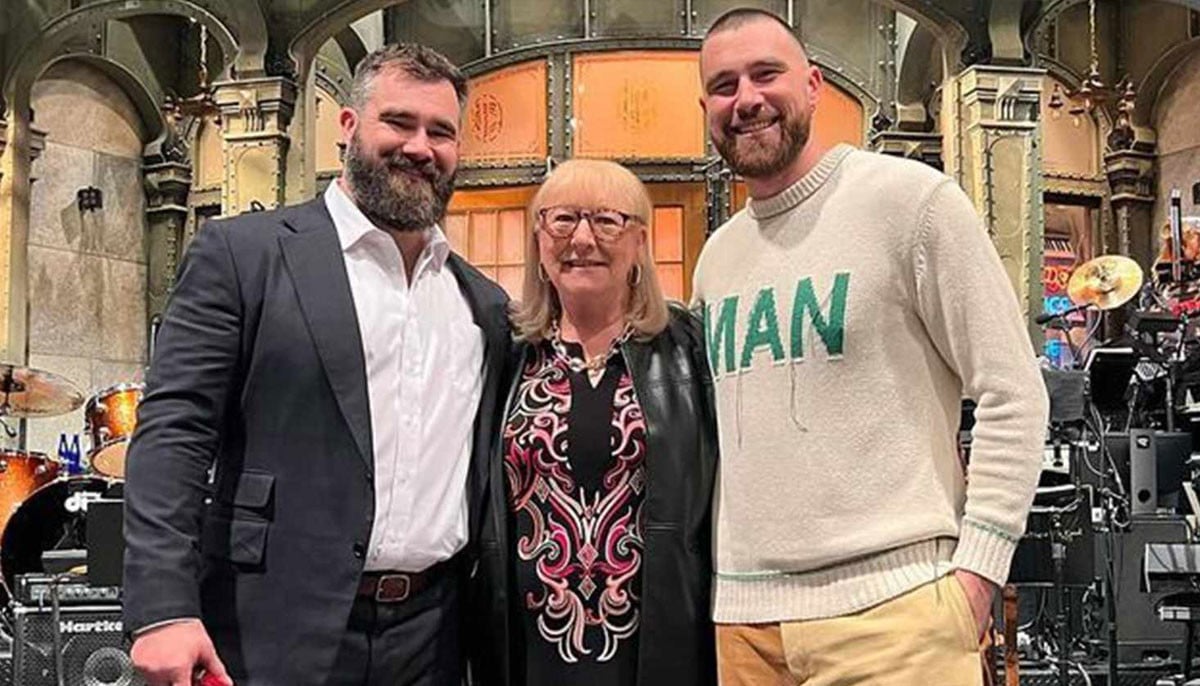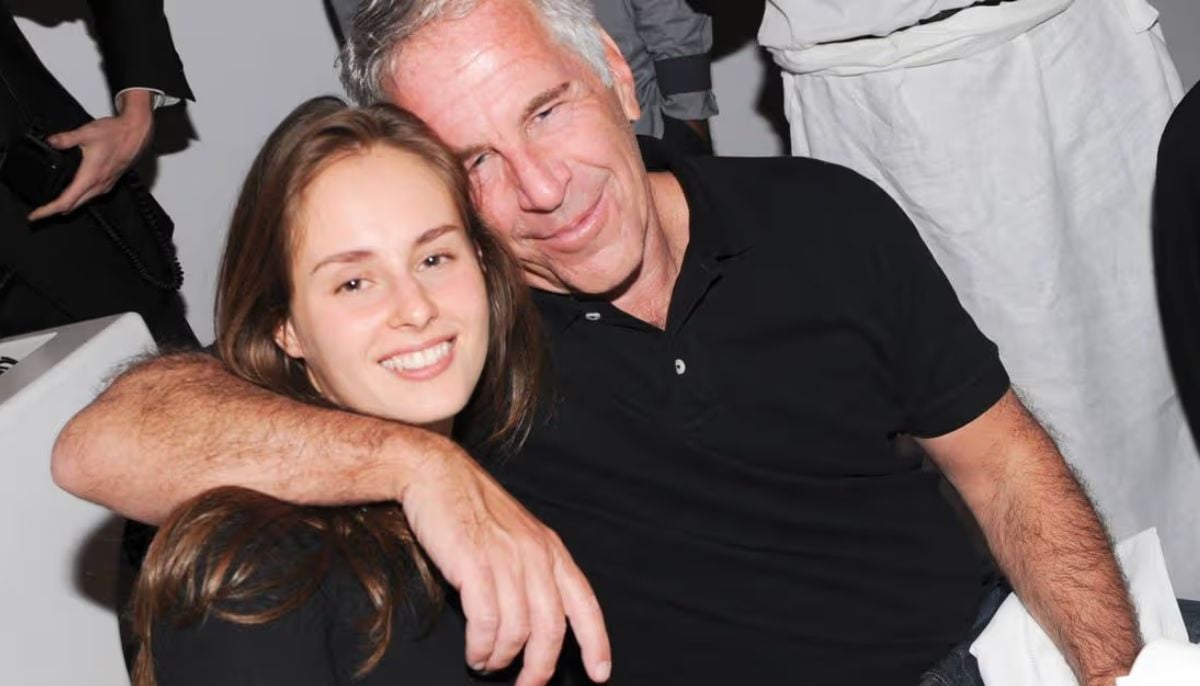Sketches of hope: Distressed Afghan women resort to art to treat years of trauma
Strictures on women's participation in public life have triggered substantial international condemnation
In the northern reaches of Afghanistan, Khushi, a 19-year-old resident, sketches a self-portrait depicting a figure enveloped within a blue burqa, confined within the boundaries of a cage.
Once a university student, Khushi pursued studies in law and political science at the primary university in Balkh province. However, her spirits plummeted into despondency after the Taliban's decree in December that barred women from tertiary education.
Struggling with her mental well-being, Khushi sought relief through art therapy upon a psychiatrist's recommendation. Reflecting on her struggles, she shared, "Realizing my own mental frailty, I was overwhelmed by sorrow... My heart was heavy, a sensation akin to a caged bird bereft of its joy." For security reasons, she is identified solely by her first name.
The Taliban's decision to close university doors to women in December 2022 ignited unprecedented public demonstrations. This edict followed the shuttering of numerous girls' high schools, coupled with a directive that curtailed the engagement of most female humanitarian workers.
These strictures on women's participation in public life have triggered substantial international condemnation. Western governments contend that these constraints impede any formal acknowledgement of the Taliban's governance, established following the withdrawal of foreign forces two years prior.
While the Taliban assert their commitment to women's rights within the parameters of Islamic law and Afghan tradition, numerous women, particularly those residing in urban areas, grapple with profound despair and mental health challenges.
During the two-decade presence of foreign troops and a Western-backed regime, many women seized opportunities in education and employment, leaving them now contending with a sense of hopelessness and emotional struggles, as per accounts from Afghan women and mental health specialists.
Khushi's psychiatrist, whose identity is also withheld for security considerations, remarked, "Under the regime of the Islamic Emirate (Taliban administration), women have faced an array of restrictions — denied access to universities, amusement parks, and beauty salons, among others. They have been left with little."
The art studios, he added, are the last remaining avenue for aiding his patients, offering solace, camaraderie, and artistic expression.
Meeting with her psychiatrist bi-monthly, Khushi attests to the growing demand for such services. Initially seeing four to five patients daily, the psychiatrist now encounters 10 to 15, a majority of them women. This surge in demand became evident following the Taliban's ban on female students attending universities.
Health organizations estimate that half of Afghanistan's population of 40 million grapples with psychological distress, a consequence of prolonged war and instability.
While concrete figures on mental health trends are scarce, anecdotal evidence from medical professionals and aid workers points to a surge in mental health struggles among women in response to the restrictions on their employment and education.
In a vibrant art studio nestled in the capital of Balkh, Mazar-i-Sharif, colourful paintings adorn the walls. Here, young women, including Khushi, congregate for a pencil drawing class.
Many of these women have been directed here by mental health experts, seeking an avenue to alleviate their isolation and acquire a new skill, in tandem with talk therapy and medication.
One participant, a former university student, shares, "When desolation overtook me, my doctor advised finding solace in a place that soothes the mind. I chose the art studio. Beyond forging meaningful friendships, I've discovered solace through art therapy." Khushi echoes this sentiment, detailing how art therapy offers respite and a glimmer of optimism.
"Creating art imparts a sense of achievement," she notes, "Empowering me with confidence, even amid life's disappointments. I remain resolute, unwilling to surrender. I hold onto the hope that brighter days lie ahead."
-
Michelle Obama gets candid about spontaneous decision at piercings tattoo
-
Bunnie Xo shares raw confession after year-long IVF struggle
-
Disney’s $336m 'Snow White' remake ends with $170m box office loss: report
-
Travis Kelce's mom Donna Kelce breaks silence on his retirement plans
-
Hailey Bieber reveals KEY to balancing motherhood with career
-
Hillary Clinton's Munich train video sparks conspiracy theories
-
Woman jailed over false 'crime in space' claim against NASA astronaut
-
Columbia university sacks staff over Epstein partner's ‘backdoor’ admission












